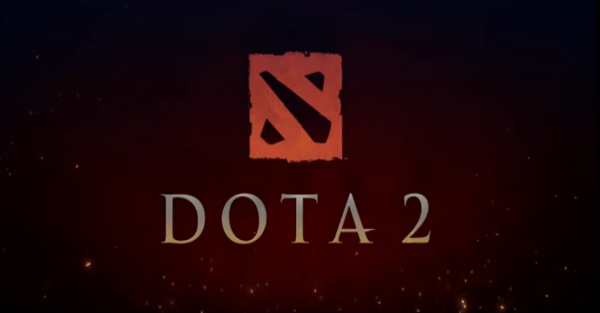In a recent update that launched earlier this week, Valve implemented an additional step to their ranked match play for multiplayer-online-battle-arena (MOBA) DOTA 2 to further prevent banned accounts from accessing the game's competitive scene.
Due to DOTA 2's lack of a price tag, anyone can play the game without having to pay. This means that cheaters who are actually caught can simply make a new account and access the game again, with limited inconvenience. This latest update will now require players to register a unique phone number in order to queue for the game's Ranked matches.
Ranked is the home to DOTA 2's competitive scene, where the best players go to compete, improve their skills, and rise up in the leaderboards to achieve notoriety and, most importantly, bragging rights. Naturally it's also home to some of the community's most toxic players, who negatively affect the experience of others by flaming teammates, cheating, and generally committing a number of bannable offenses.
The implementation of this newest barrier to cheating echoes Perfect World's use of the Alipay credit system in Counter-Strike: Global Offensive's Chinese market, which requires players to sign up with a number of identification methods, including their phone number, ID, and bank account.
RELATED: Countdown on Counter-Strike: Global Offensive website leads to official announcement
Also included in the update were a number of improvements to competitive play as a whole. Players entering Ranked games alone will now have the option of only playing against other players who queued solo. This will eliminate the possibility of coming across a team of well-coordinated friends and, hopefully, even the playing field.
Players who do queue up with others will now have their MMR, or "Matchmaking Rating," artificially raised to match up with the rest of their team. Valve explains this on their official post, stating that:
"While the current Party MMR number generally reflects the likelihood that you'll win a given match correctly, we've found that when a Solo MMR is dramatically higher than a Party MMR, the match becomes extremely volatile, resulting in an unpleasant and uncompetitive experience for both teams."
A number of other changes have tightened the security around undesirable behavior in the matchmaking pool. While Valve hasn't included specifics, the post mentions the implementation of "better detection for clear cases of intentional feeding," and "stricter punishments to those that violate this rule." This, when combined with additional detection against bots, will largely improve player experience as a whole.
For a full list of the update's changes, check out Valve's official blog post, or follow their DOTA 2 Twitter account for future announcements.

